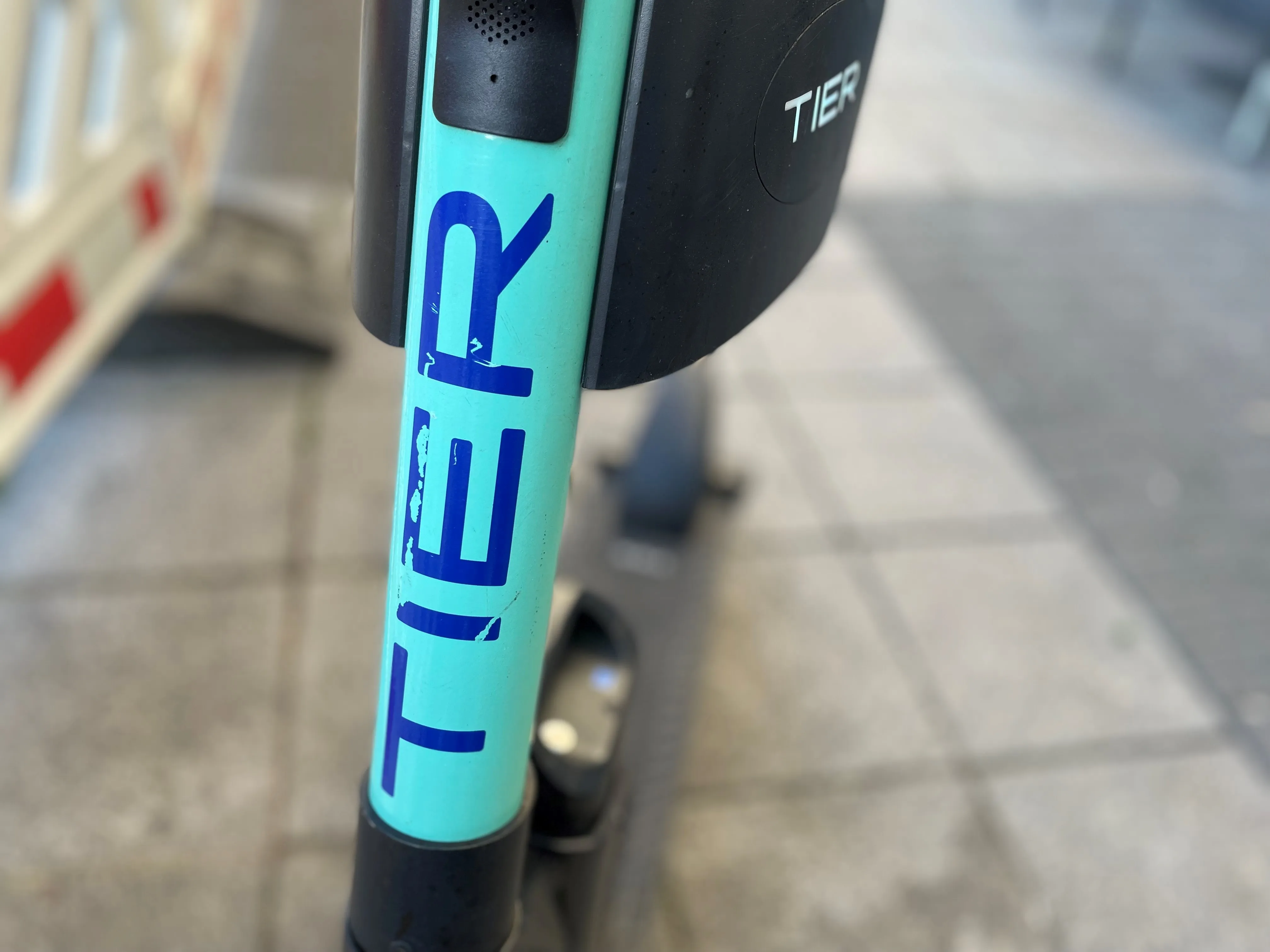
Berlin-based Micromobility group Tier Mobility has bought bike-share specialist Nextbike for an undisclosed sum.
The company says the acquisition creates the industry's "first truly multimodal platform across bikes, e-bikes, cargo bikes, e-scooters and e-mopeds".
The addition of Nextbike, based in the east German city of Leipzig, gives a combined total of 250,000 vehicles in 400 cities, Tier adds.
"I have always held a deep belief in the transformative power of bikes in cities - and it is great to see the bike market is growing rapidly," says Lawrence Leuschner, CEO and co-founder of Tier.
The acquisition will help to get more people out of their cars, he insisted, pointing to Tier's financial backing: the company has raised $660 million in equity and debt capital so far.
Nextbike is an industry veteran, launching in 2004 - the days before apps for bike-share, it points out.
Leonhard von Harrach, CEO of Nextbike, said there was "significant common ground in the corporate culture" between the two companies.
Tier has recently entered Hungary, the Netherlands and Bahrain, and has launched e-bikes in London and Stockholm.
Nextbike says it has recorded a 50% increase in usage during the Covid pandemic, and highlighted network expansions in Budapest, Bilbao, and Gothenburg, and market entry to Italy and Montenegro over the last 18 months.









